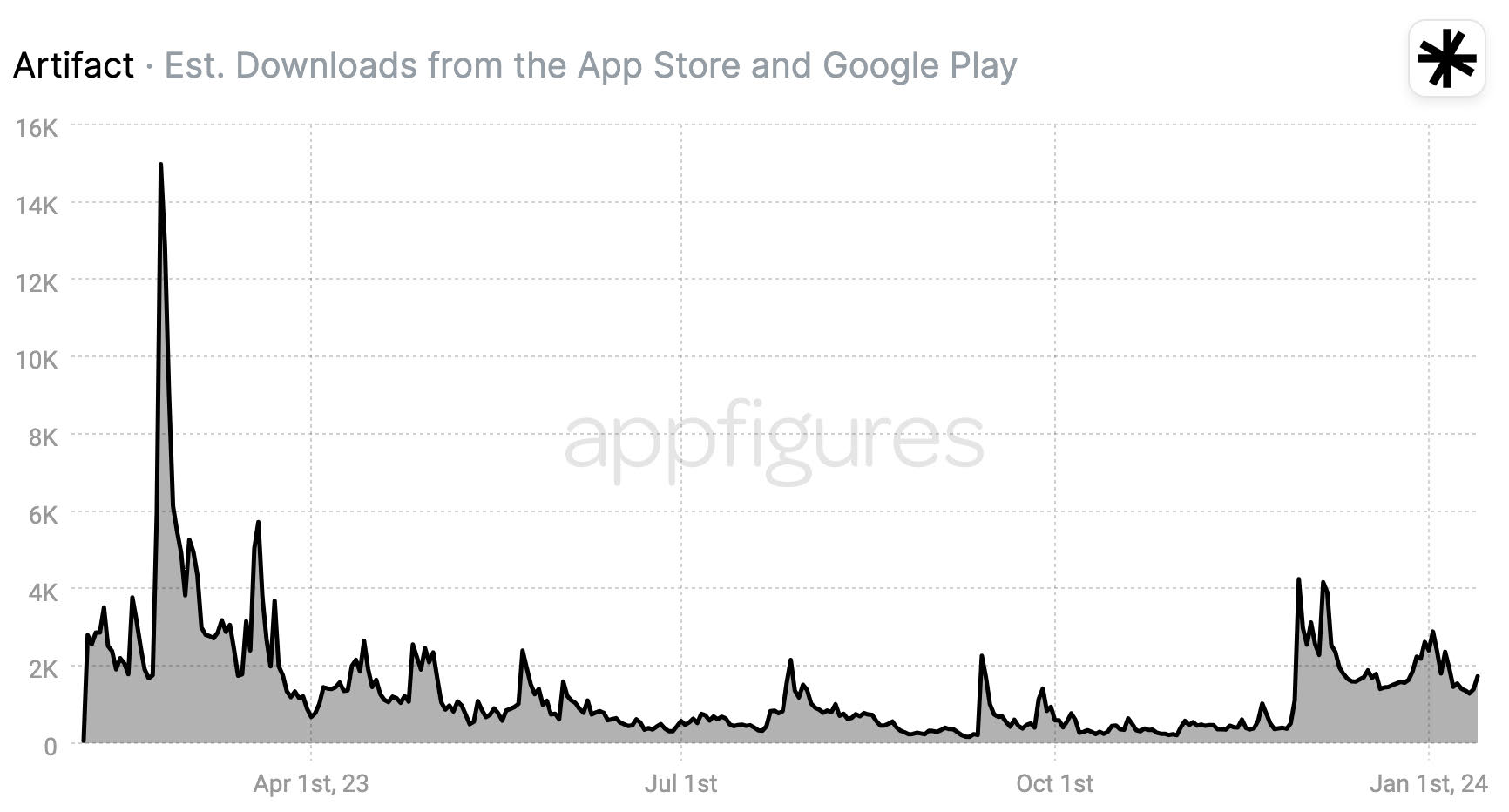Jeffrey Lebowski
i'm the dude
Subs

.png) www.dupple.com
www.dupple.com
.png) www.dupple.com
www.dupple.com
.png) www.dupple.com
www.dupple.com





Google News is becoming unbearable as they push their updated home page. I want to pivot completely to Artifact but the fact that it doesn't have a website is frustrating.
Here's a link to skip the line if anyone wants to check out the app. (I don't get credits or any bonus if you click)

 gizmodo.com
gizmodo.com
The internet is quickly becoming a slurry of AI-generated garbage, and Google has decided to just let us all marinate in it. Anyone online can see that Google Search is getting worse, but now it’s becoming clear why. Google News is boosting AI-generated garbage over real, human journalism, according to a report from 404 Media Thursday.
Google said it does not prioritize articles written by humans over AI-generated content in a statement to 404 Media. So, search results often include AI articles that plagiarize real journalists but are riddled with mistakes that make the content nonsensical. The report highlights one publication, Worldtimetodays.com, which produces AI-generated content and appears in Google News search results. One of its articles reads “war of stars fans,” instead of Star Wars fans, and very clearly reproduces an article from Distractify.
A Google spokesperson said it was “inaccurate” that these sites were prominently featured on Google News, in a statement to Gizmodo.“The sites in question only appeared for narrow queries,” said the spokesperson. However, the queries 404 Media references were not particularly narrow, including “star wars theory” and “midjourney.”
Yesterday, Gizmodo reported that the quality of Google search results was getting worse, largely because of SEO tricks that websites use to rank higher, usually for affiliate marketing purposes. Ultimately, useful information is being crowded out by SEO-optimized, AI-generated nonsense designed to get you to buy something.
A Google spokesperson told 404 Media that its search engine prioritizes “the quality of the content, rather than how it was produced.” One reason Google might be sitting on the fence here is that the company, itself, is a large player in the generative AI world with Google Gemini.
Ideally, Google would like its own AI to answer your queries. They’re experimenting with Search Generative Experience, a pilot AI chatbot that’s built into Google Search. Google’s AI will likely be better than what we’re seeing today, but will also be informed by the work of real, human journalists, just like Worldtimetodays.com.
A new study found that a “shocking” amount of the internet is AI-translated gibberish, making it much harder for search engines and people to sort through the muck, according to Motherboard. Generative AI is highly susceptible to mistakes, and that’s crowding the internet with more unreliable information than ever.
Google is in an uncomfortable position here, stuck between providing good, accurate results for its users and its own AI ambitions. Tech in general is having a power struggle with the news industry at the moment, as The New York Times sues OpenAI for copyright infringement. For now, that means a lesser experience for end users, and that your search results will likely get worse before they get better.




artifact’s “gen z summary” feature is so deeply out of pocket. i’ll miss it when the app goes down. pic.twitter.com/5PaMavJbNS
— @samhenrigold@hachyderm.io (@samhenrigold) March 16, 2024

Instagram co-founders' AI-powered news app Artifact may not be shutting down after all | TechCrunch
Artifact, the well-received AI-powered news app from Instagram's co-founders Kevin Systrom and Mike Krieger, may not be shutting down as planned. Thetechcrunch.com
Instagram co-founders’ AI-powered news app Artifact may not be shutting down after all
Sarah Perez@sarahpereztc / 12:42 PM EDT•March 26, 2024
Comment

Image Credits: Artifact
Artifact, the well-received AI-powered news app from Instagram’s co-founders, Kevin Systrom and Mike Krieger, may not be shutting down as planned. The company announced in January the award-winning app would be winding down operations as the market opportunity wasn’t “big enough to warrant continued investment.” However, despite an end-of-life date of February 2024, the app has continued to function in the many weeks since.
As it turns out, that’s not by mistake.
Systrom tells us that he and Krieger are continuing to keep Artifact alive for the time being and have not yet given up on a plan to maintain the app in the future — news that will likely give fans of the news discovery app a bit of hope.
“It takes a lot less to run it than we had imagined,” Systrom confirmed to TechCrunch, adding that it’s just himself and Krieger running Artifact right now. “It will still likely go away, but we’re exploring all possible routes for it going forward.” (Perhaps an exit deal is at hand?)
Artifact made a splash at launch, not only because it was the first major effort at a new social app from Instagram’s co-founders, but also because of its clever use of AI. The personalized news reading app leveraged AI to help users discover the news they were most interested in from a variety of pre-vetted sources, and offered up features to summarize news in various styles (like “Gen Z” or “Explain Like I’m Five”). It could also rewrite clickbait headlines for better clarity, among other things.
Following Artifact’s announcement of its impending closure, interest in using AI to summarize the news has heated up.
Browser startup Arc implemented an AI-powered “pinch to summarize” feature ahead of its $50 million fundraise. Other startups have also turned to AI to improve the news reading experience, like RSS reader Feeeed, AI-powered news reader Bulletin, and Particle, an AI news reader built by former Twitter engineers, including the Senior Director of Product Management at Twitter, Sara Beykpour, and former senior engineer at both Twitter and Tesla, Marcel Molina. The latter recently raised $4.4 million in seed funding, indicating investor interest in this space is growing, too.
Artifact, meanwhile, had been self-funded by the founders to the tune of “single-digit millions,” and it seems they have the funds to continue to run the app — at least in the near term.
Unfortunately for Artificat’s early adopters, the app has been stripped of its social features, like commenting and posting, but it continues to offer news reading and AI summarization features in the version that remains live today.
/cdn.vox-cdn.com/uploads/chorus_asset/file/24398939/unnamed.png)

/cdn.vox-cdn.com/uploads/chorus_asset/file/25490522/Yahoo_News_App_.jpg)
:format(webp)/cdn.vox-cdn.com/uploads/chorus_asset/file/25490522/Yahoo_News_App_.jpg)

Played around w/ this a bit and thought about it longer than I anticipated.I've been using Ground News lately on my tablet and phone.

Ground News
Top Stories from around you and around the world. Compare how different news publishers frame the same newsground.news
